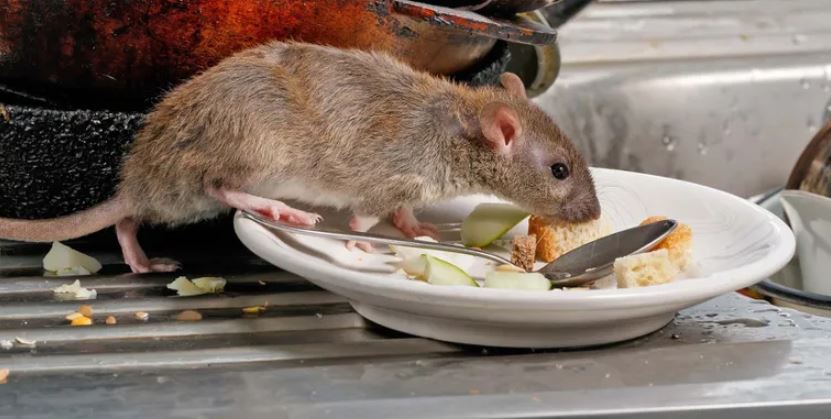
As the coronavirus pandemic takes the world by storm, other diseases are rearing their ugly heads too. Cases of swine flu and bird flu have been reported in India and other countries.
China’s Global Times has reported that a Chinese man tested positive for hantavirus. He died on a bus in Shandong Province on his way to work on Monday. 32 people who were on the bus were also tested for the virus.
Hantaviruses defined
The Centers for Disease Control and Prevention (CDC) describes hantaviruses as a family of viruses that are spread mainly by rodents and can cause varied diseases in people.
It can cause Hantavirus Pulmonary Syndrome (HPS) and Haemorrhagic Fever with Renal Syndrome (HFRS).
Transmission
Hantavirus is not airborne and can only spread to people if they come in contact with excretes (urine and faeces) and saliva of rodents or exposure to dust from their nests.
It is less frequently spread by a bite from an infected host.
HPS can't be passed on from person to person, while HFRS transmission between people is extremely rare.
Other more specific ways of contracting hantavirus:
A. If a rodent with the virus bites someone, the virus may be spread to that person, but this type of transmission is rare.
B. Scientists believe that people may be able to get the virus if they touch something that has been contaminated with rodent urine, droppings, or saliva, and then touch their nose or mouth.
C. Scientists also suspect people can become sick if they eat food contaminated by urine, droppings, or saliva from an infected rodent.
Signs and Symptoms
Early signs of Hantavirus Pulmonary Syndrome include fatigue, fever, and muscle aches, along with headaches, dizziness, chills and abdominal problems. If left untreated, it can lead to coughing and shortness of breath.
According to CDC, it can be fatal with a mortality rate of 38 per cent.
The initial symptoms of HFRS are similar however, it can cause low blood pressure, acute shock, vascular leakage, and acute kidney failure.
Depending on which particular virus is causing the HFRS, death occurs in less than 1 per cent to as many as 15 per cent of patients.
Treatment
Early diagnosis of HPS can be difficult because early symptoms such as fever, muscle aches, and fatigue are easily confused with the flu. However, if the individual is experiencing fever and fatigue, together with shortness of breath and has a history of potential rural rodent exposure, this could be strongly suggestive of HPS.
Several laboratory tests are used to confirm a diagnosis of HFRS in patients with a clinical history compatible with the disease.
There is no specific treatment, cure, or vaccine for hantavirus infection. However, the CDC says that if infected individuals are recognized early and receive medical care in an intensive care unit, they may do better.
Supportive therapy is the mainstay of care for patients with hantavirus infections.
Care includes careful management of the patient’s fluid (hydration) and electrolyte (sodium, potassium, chloride) levels, maintenance of correct oxygen and blood pressure levels, and appropriate treatment of any secondary infections. Dialysis may be required to correct severe fluid overload.
In intensive care, patients are intubated and given oxygen therapy to help them through a period of severe respiratory distress.
Prevention
CDC prescribes rodent population control as the primary strategy for preventing hantavirus infections.
You should also avoid contact with rodent urine, droppings, saliva, and nesting materials, and observe necessary safety measures when cleaning rodent-infested areas.
 The Standard Group Plc is a multi-media organization with investments in media
platforms spanning newspaper print
operations, television, radio broadcasting, digital and online services. The
Standard Group is recognized as a
leading multi-media house in Kenya with a key influence in matters of national
and international interest.
The Standard Group Plc is a multi-media organization with investments in media
platforms spanning newspaper print
operations, television, radio broadcasting, digital and online services. The
Standard Group is recognized as a
leading multi-media house in Kenya with a key influence in matters of national
and international interest.











